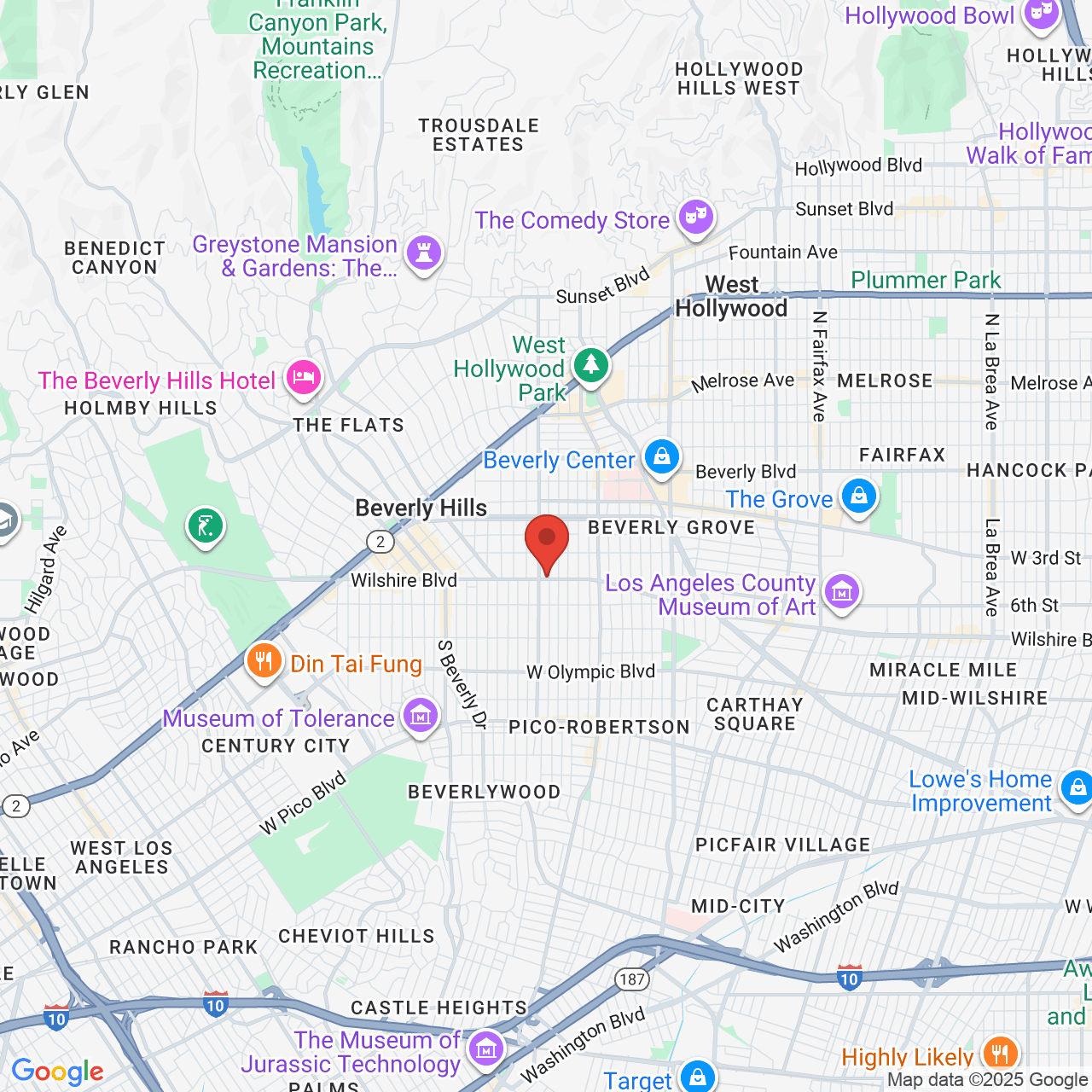What Are the Psychological Effects of Microtia?

On this blog, we tend to focus on treatment options and the possible causes of microtia. Yet we want to take a different approach now and think about the way microtia can affect a child’s development. Specifically, let’s consider how microtia could affect a child’s self-concept and mental health.
After reading through the thoughts below, we think you’ll understand why many parents reach out to Dr. John Reinisch and his microtia center in Beverly Hills, CA. The assistance and compassion we can provide may be just what you and your child need.
Microtia and Mental Health
In a 2021 study published in the International Journal of Pediatric Otorhinolaryngology, researchers noted that both unilateral and bilateral microtia decreased a person’s self-esteem. In addition, the condition also increased a person’s level of social anxiety as well as their feelings of loneliness.
That study looked at students in China with microtia, but many of those feelings can be considered universal rather than culturally specific. Let’s unpack some bigger ideas touched on or suggested by the study.
Effects on Self-Esteem
If a child feels markedly different from others, they may feel self-conscious about themselves and their looks. That can be especially difficult on young people.
Effect on Social Interactions
A child with microtia may face lower self-esteem because of their peers. Teasing and bullying could lead to social anxiety and even to children withdrawing from playtime or interactions with others their age.
Potential Feelings of Loneliness
This combination of negative self-image and feeling ostracized by peers could fuel a sense of isolation in a child.
Effects on Speech Development
In addition to the above observations, it’s worth noting how microtia or aural atresia could affect hearing. A child with partial hearing loss may have trouble understanding what others are saying.
This hearing loss and impairment could lead to difficulty with spoken language, such as pronunciation of words to the ability to mimic the sounds of words of others. This difficultly with speech could also fuel social anxiety and a need to withdraw from interactions with other children.
Studies on Microtia Surgery on Self-Image
Research has backed up we’ve observed over the years with patients here in Beverly Hills and in discussion with colleagues and other experts in the field.
In a 2008 article published in the Aesthetic Surgery Journal, researchers found that 90% of grade 3 microtia patients were able to integrate their reconstructed ear into their overall body concept. More than 85% of respondents said they could lead a normal life without thinking about their ears.
In addition, the researchers noted an improvement in the patients’ overall psychosocial abilities.
Help Is Avaialable: Treatments for Microtia
Many children with microtia can lead fulfilling and happy lives. Microtia treatment is designed to make that possible by creating an external ear that looks natural and by reconstruction of the ear canal to improve hearing.
We encourage you to reach out to us if you have any questions or concerns about microtia and how it’s affecting your child.
Contact Our Practice to Learn More
Dr. John Reinisch wants to hear from you and is always ready to listen. To discuss microtia treatments and what your child can expect, contact our microtia center in Beverly Hills, CA.


